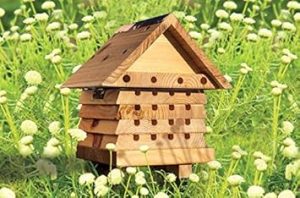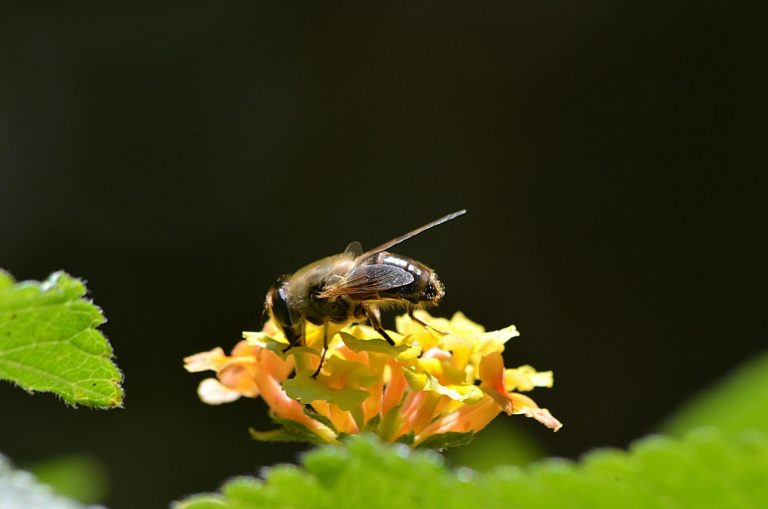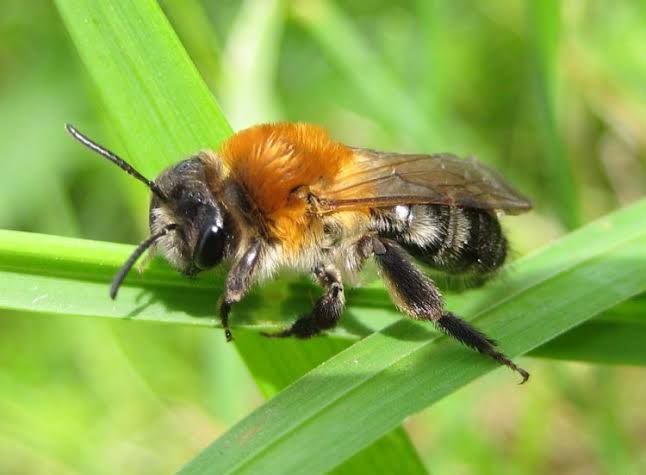Mason Bees in United Kingdom
Mason bees, also known as Osmia species, are solitary bees that are native to the United Kingdom. They are gentle by nature and are excellent pollinators of fruit trees, flowers, and other plants. They get their name from their behaviour of using mud or other materials to build compartments within their nests.
In the United Kingdom, mason bees can be found in a variety of habitats including gardens, woodlands, meadows, and even urban areas. They are typically active from early spring to early summer, with females laying their eggs in small holes or crevices in wood, mud, or even hollow plant stems. Once the eggs hatch, the larvae feed on pollen and nectar stored by the mother bee before pupating and eventually emerging as adults the following year.
As a result of their lifestyle, providing a bee hotel for their habitat can be extremely beneficial to their survival
Mason bees are important pollinators for a wide range of crops and wildflowers in the UK. They are particularly effective at pollinating fruit trees such as apples, pears, and plums. Unlike honeybees, mason bees do not produce honey and are not aggressive, making them a welcome addition to gardens and other outdoor spaces.
 To attract these bees to your garden or outdoor space, you can provide them with a suitable nesting habitat such as a bee hotel or nesting tubes filled with mud or paper straws. Planting a variety of flowering plants that bloom throughout the spring and summer will also help to attract and support mason bees.
To attract these bees to your garden or outdoor space, you can provide them with a suitable nesting habitat such as a bee hotel or nesting tubes filled with mud or paper straws. Planting a variety of flowering plants that bloom throughout the spring and summer will also help to attract and support mason bees.
Overall, mason or osmia bees play a vital role in the ecosystem of the United Kingdom and are a fascinating and beneficial species to observe and support in their natural habitats.


